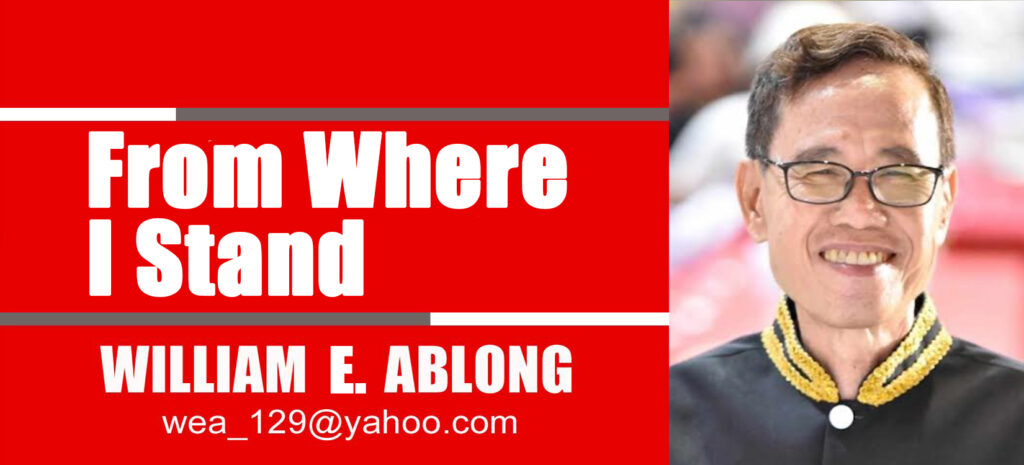
SCROLLING on Facebook, reading the updates, and watching videos of election-related content (whether about national ongoings or Dumaguete happenings), all I can muster is a huge, continuous “sigh.”
Like those before it, I anticipate that the forthcoming elections will present a spectacle of vibrant rallies, impassioned speeches, and millions casting votes plus violence (I’m still hoping there won’t be any). Then I tell myself, accept it, you’re in a democracy, and all these can happen.
Yet, beneath the surface of this democratic façade, I am aware there lies a complex web of influence, where the power of the ballot box is often overshadowed by the machinations of powerful families, business tycoons, and shadowy forces operating beyond public scrutiny.
I am not questioning the legitimacy of the electoral process itself, but rather about acknowledging the systemic issues that distort its intended outcome.
Our country, our province, and our city have a long history of political dynasties, families who have held power for generations, often leveraging their wealth and influence to maintain their grip. These dynasties aren’t merely political players; they are often intertwined with vast business empires, creating a potent blend of economic and political power. Their influence extends far beyond campaign donations; they control media narratives, shape public perception, and even manipulate the legal system to their advantage. The sheer scale of their resources allows them to effectively drown out dissenting voices and marginalize alternative candidates.
This isn’t a conspiracy theory; it’s a well-documented reality reflected in the consistent presence of these families in positions of power.
Beyond the established dynasties, business tycoons wield immense influence, often operating through opaque networks and shell corporations. Their financial contributions to political campaigns are often significant, but their influence goes far beyond mere funding. They control access to vital resources, influence policy decisions that benefit their businesses, and often cultivate close relationships with key political figures.
This symbiotic relationship between business and politics creates a system where the interests of the elite are prioritized over the needs of the general population. The lack of transparency surrounding these relationships further obscures the true extent of their power.
Then there are the “hidden hands,” the shadowy forces that operate outside the formal structures of power. These could include powerful religious organizations wielding significant influence over the electorate, or even criminal syndicates who use their resources to support favored candidates. These actors often work in the background, manipulating events and influencing outcomes without ever directly participating in the electoral process. Their actions, while difficult to trace, can have a profound impact on the political landscape.
The playing field is far from level, with the wealthy and well-connected possessing an unfair advantage. This leads to a cycle of corruption, where political power is used to accumulate wealth, and wealth is used to consolidate political power. The consequences are far-reaching, impacting everything from infrastructure development to social welfare programs.
I believe, that addressing these issues requires a multi-pronged approach. Strengthening transparency laws, promoting media literacy to combat misinformation, and implementing stricter campaign finance regulations are crucial first steps.
But ultimately, a genuine shift in the political culture is needed – one that prioritizes public service over self-interest and accountability over impunity. Only then can our country, our province, and our city truly move beyond the ballot box and toward a more equitable and representative democracy.
The fight for a truly democratic Philippines isn’t just about who gets elected; it’s about dismantling the systems that perpetuate inequality and distort the will of the people.
Let’s do our part as voters and as citizens.

